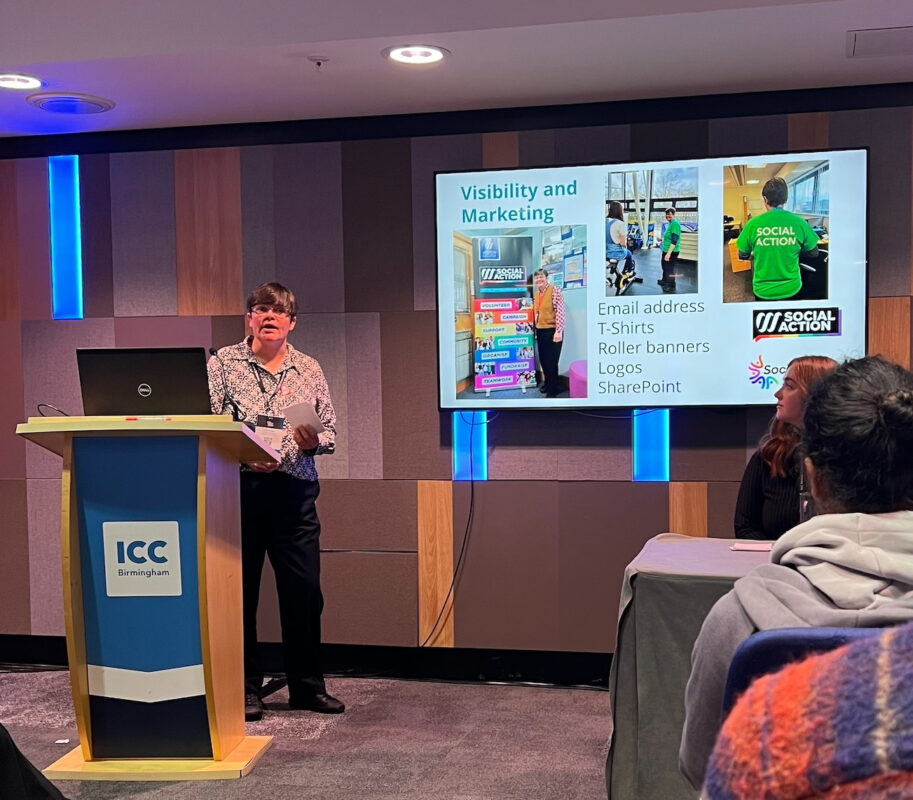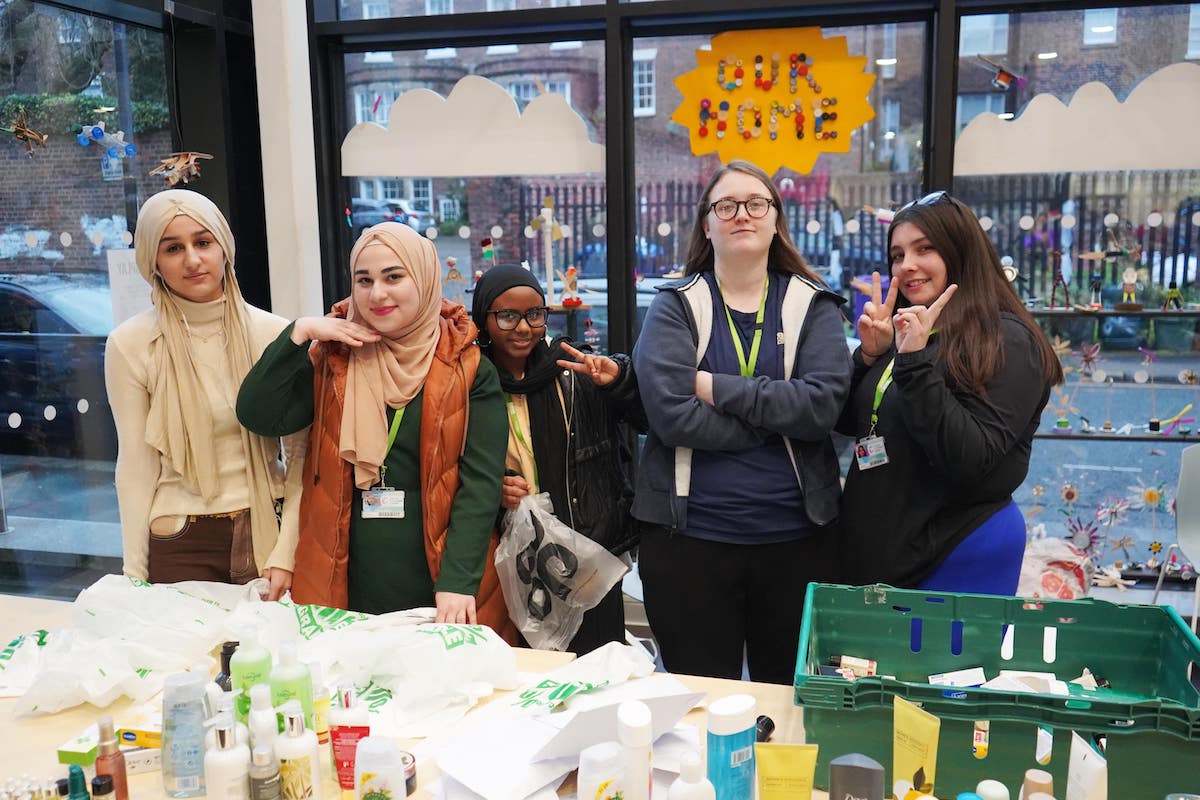Beyond symbols – a roadmap to race equality

It’s been an unsettling two years for so many reasons, and examples of racism and injustice continue to emerge in all areas of public life. The most recent of these, accusations of endemic racism levelled against Yorkshire County Cricket Club over its handling of allegations by Azeem Rafique, have created a new storm on social media. This follows the racial abuse ignited by the Euro 2020 football finals, and shows that eighteen months on from the global Black Lives Matter movement, we still have a long way to go in tackling racial inequality. Incremental progress has been made, but recent events demonstrate that flattening the firmly-embedded anchors of white privilege is not a quick fix.
It was great to see the united support from organisations across the country for Black Lives Matter last year, but we need to go beyond a symbolic approach to tackling injustices. As an education group, we’re committed to doing all we can to break down barriers and ensure we’re operating in a fully inclusive environment that seeps into our everyday lives.
What can we do to tackle racial injustices?
Education has a key role in identifying and tackling racism. A year ago, members of Luminate Education Group; Leeds City, Keighley and Harrogate colleges, pledged to:
- Create a five-year plan to build anti-racism actions into their college cultures.
- Provide development and training opportunities to address discrimination and unconscious bias, and embed support for students and staff dealing with the effects of racism.
- Develop and deliver an anti-racist, inclusive curriculum.
The five-year Race Equality Roadmap, which was developed by the Luminate Race Equality Forum, aims to dismantle structural barriers to inclusion, engagement and progression, leading to a more just organisation for everyone. The project is a significant piece of work, supported by senior members of the group, including a dedicated governor. It focuses on organisational culture, inclusive and diversifying leadership, staff career development, decolonising the curriculum and developing stakeholder and community partnerships.
This isn’t just a box ticking exercise, it’s the beginning of a cultural shift to encourage self-reflection, including acknowledgement of entrenched negative beliefs and unconscious bias which serve to reinforce inequality.
It is our responsibility as educators to question, challenge and understand the roots of racism and its impact on those who experience it. People of minority ethnicity continue to be under-represented in the further education workforce, and are significantly less likely to occupy leadership positions. Consequently, our students from minority ethnic backgrounds are not exposed to enough role models in leadership or the classroom and our colleagues of minority ethnicity experience barriers in progressing their careers.
Conversations about race and racism have focused in recent years on individual behaviours and addressing our unconscious biases, yet whilst reflective practice and honest discussions will build an inclusive and safe culture, this does not necessarily address deeply entrenched inequality in society.
Gains for anti-racism are insecure: there is an emerging backlash against anti-racist dialogue in educational and public authorities in the USA, where a number of states have banned the Critical Race Theory from the curriculum, while the publication of the UK Parliamentary Report chaired by Robert Halfron MP (June, 2021) into educational outcomes for white working-class children led to opinion pieces in the FE sector counterposing economic disadvantage and racism in a fight to the bottom of a disadvantage hierarchy. The underpinning assumption, unquestioned in our work at Luminate, is that racism does exist, and disadvantage in opportunity, social and economic inequity and lived experience of Black, Asian and minority ethnic people in the UK is well reported and evidenced in inequity in a range of indicators including criminal justice, education outcomes, health, housing, the law and civic life, as highlighted in the recent Runnymede Trust report.
How can we lay the foundations to create meaningful change?
At Luminate Education Group, we’re building beyond data and quantifiable information by focusing on collecting accounts of experiences, thoughts and ideas from across the staff and student body to help us recognise and address both structural disadvantage and the unconscious bias we all have: college is a microcosm of the society we live in and a ground-up approach, opening two-way communication channels, is fundamental for the success and longevity of our Race Equality Roadmap. We want to create a lasting impact shaped by lived experience, that seeps into our communities and share best practice with other education providers and organisations as a reflective process to instigate meaningful change.
As a restorative organisation we aim to connect with people; building on the relational aspects of college life, drawing on trauma-informed practice and recognising the impact of adverse experiences, we offer a range of training and awareness raising opportunities for staff, including how to engage with people from diverse backgrounds, developing the skills and confidence to address discrimination and we recognise the impact of poverty and social disadvantage in our work.
As a society we have a long way to go in weeding out racism and discrimination, but collectively, we can continue to sow the seeds that will lead to a more harmonious world.
Andrea Cowans is the Director of Student Life at Luminate Education Group











Great ideas!